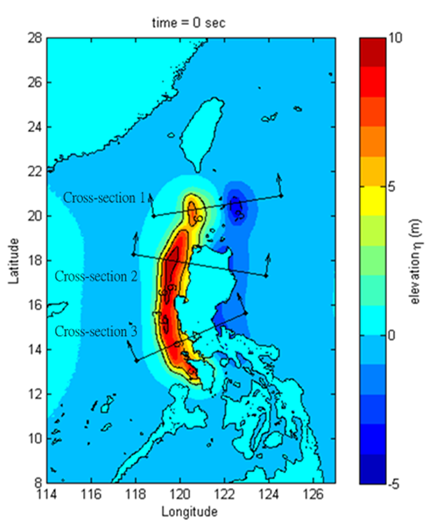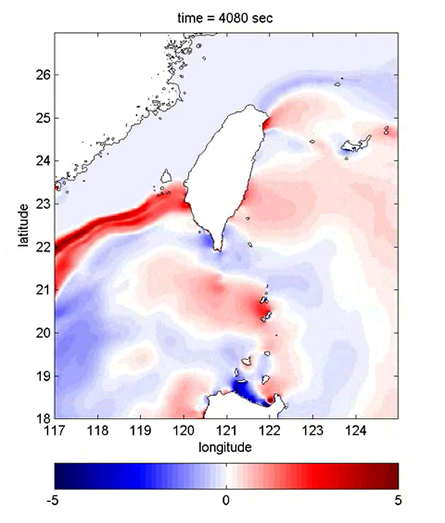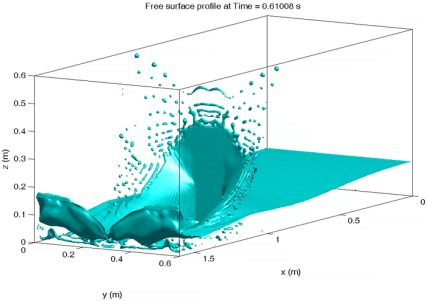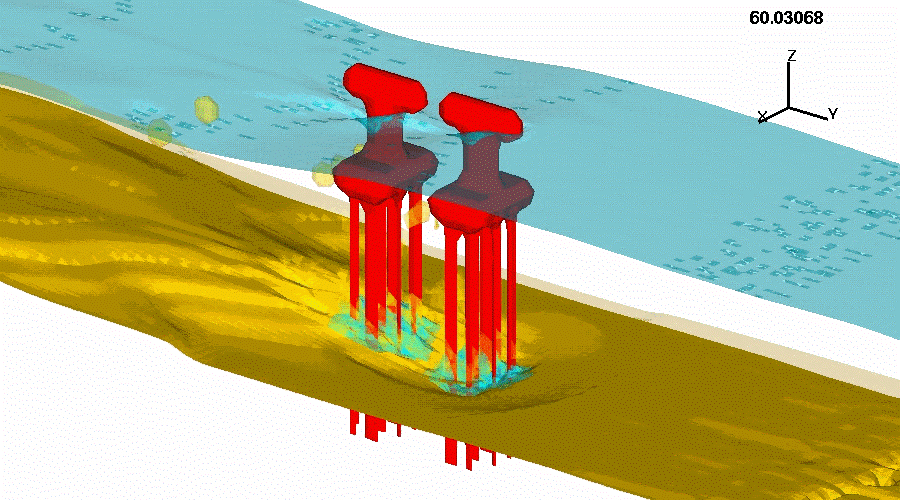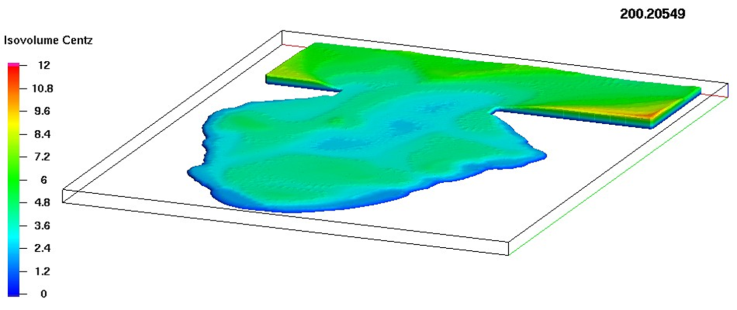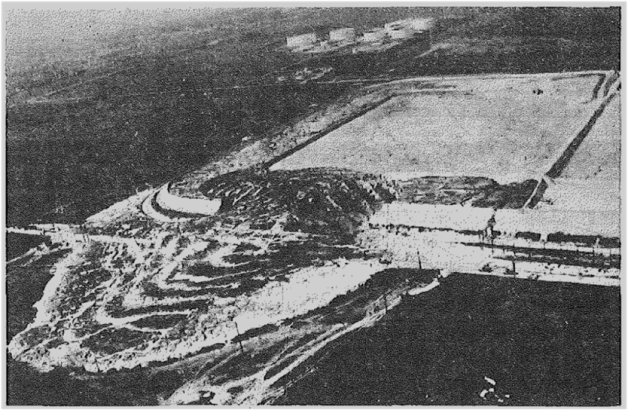:::
各研究室
| 實驗室名稱 | 簡介 |
| 地表水文研究室 (PI:李明旭) |
研究議題專注探討地表水文過程、水循環、水資源、天然災害的特徵與變異,透過整合觀測、數據分析、系統動力模式、人工智慧與數值模擬等工具來解析氣候變遷、極端事件與人為開發之影響,發展具科學循證基礎之氣候變遷調適規劃,關注氣候變遷減緩議題,近年積極投入淨零科技相關科研政策研究,強調透過跨領域研究做為解決因應氣候變遷風險之淨零減緩與調適科技之重要路徑。
 |
| 物理海洋觀測 研究室 (地球科學 前瞻應用研究中心) (PI:錢 樺) |
我們的研究領域主要是海洋環境的監測與遙測技術研究開發,並實際應用這些觀測資料發展資料分析方法,在科學上進行極地海洋氣候變遷監測、海氣交互作用物理過程研究;在實務面上提供資料分析結果,作為海象災害減災、海岸帶與海洋藍色國土治理與離岸風電相關設計、施工、運維之決策依據。 近年所著重的遙測技術包括:與國家太空中心合作發展導航衛星微波訊號在海面反射訊號分析技術,作為自主氣象衛星獵風者號資料反演技術的基礎。另一方面,在岸基海洋雷達方面,自主發展陣列雷達資料分析關鍵技術,建置、運維環台國家陣列天線高頻雷達站網等。 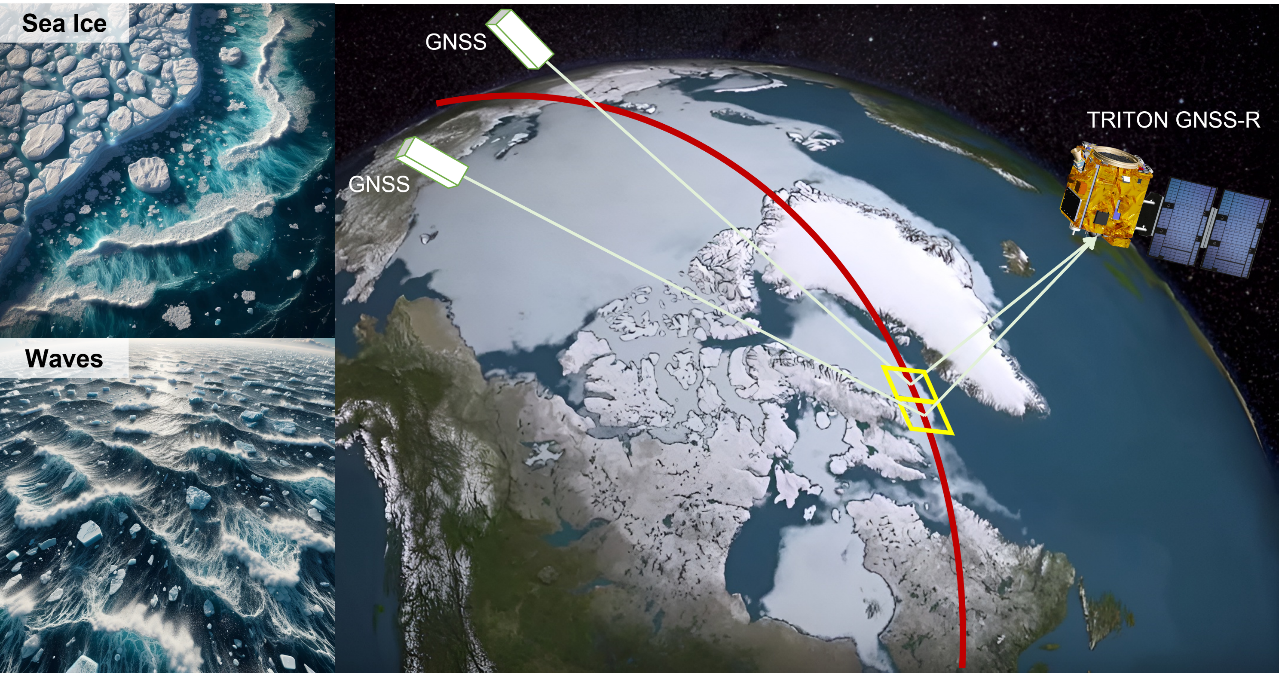 |
| 海嘯科學 研究室 (PI:吳祚任) |
本實驗室專長於模擬複雜之水動力過程,包括精準之海嘯模擬、三維山崩模擬、三維土石流模擬、劇烈洪水下之橋梁局部沖刷、土石流夾帶巨石與浮木撞擊模擬、多尺度風暴潮溢淹模擬等。本研究室已發展完成領先全球的三維水動力學模式,透過流體體積法(VOF)與MPI平行計算,可將複雜之海嘯與洪水搭配真實地形與結構物快速模擬。近期更發展完成沖刷與土石流模式,期待對此方面有興趣的同學加入。
海嘯模擬(左:馬尼拉海溝海嘯源。右:海嘯抵達台灣)
三維洪水(左)與局部沖刷模擬(右)
三維山崩模擬(左:模擬。右:現地) |
| 近岸泥沙輸送 研究室 (PI:黃志誠) |
本研究室主要研究領域為海岸海洋學及海岸工程。目前涉獵的研究主題包括珊瑚礁及藻礁水動力過程、底質傳輸、近岸紊流、碎波帶動力過程及海洋波浪等。研究團隊運用現代化的觀測儀器及分析技巧,並搭配理論及數值模擬,來研究自然海洋中多尺度及多相流的流體動力物理過程。除了應用現代商業化的儀器外,也著力在發展新式的設備來觀測流體動量、波浪、泥沙特性、及高解析的海岸地形資料等。 我們期望藉由研究學習的知識來幫助我們更了解海岸物理過程外,這些學術能力也可以協助我們面對海岸災害以及擬定海岸環境保護策略。 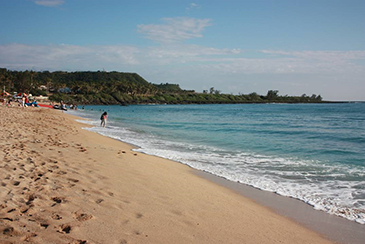 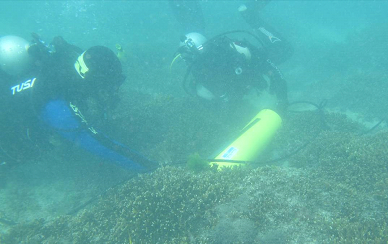 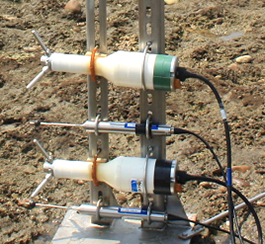 |
| 颱風與海洋 研究室 (PI:潘任飛) |
颱風(或稱熱帶氣旋)是地球上最具破壞力的自然災害之一。每年大約有30個颱風在西北太平洋上形成,對東亞地區帶來巨大的威脅。因此,了解颱風增強過程和未來趨勢極為重要。颱風與海洋研究室團隊利用先進多重衛星遙測技術(如海溫、高度和海面風場)、海洋實地觀測以及電腦模式等手段,研究颱風與海洋交互作用之過程與物理機制。同時亦探討在全球暖化情境下,海洋熱力條件、颱風活動與海氣通量之相應變化。
 |
| 智慧水系統 研究室 (PI:陳沛芫) |
我們藉整合資料、資訊、知識、智慧(DIKW)與相關科學方法,提供具氣候智慧、符合需求之科學服務以解決水文相關跨領域問題,使生態系統邁向永續發展、提升永續科學價值與影響力。研究聚焦於城鄉高溫供排水風險與氣候變遷跨領域調適:
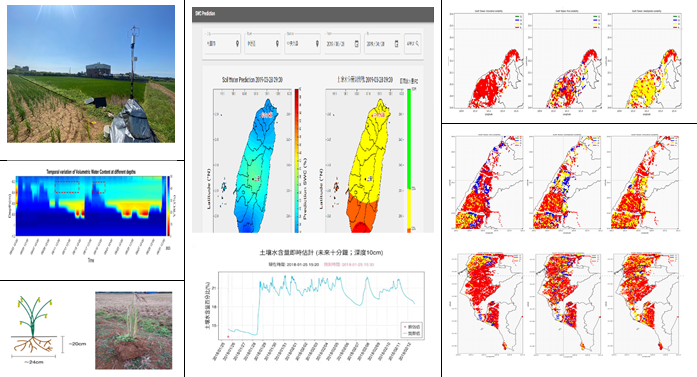 |

